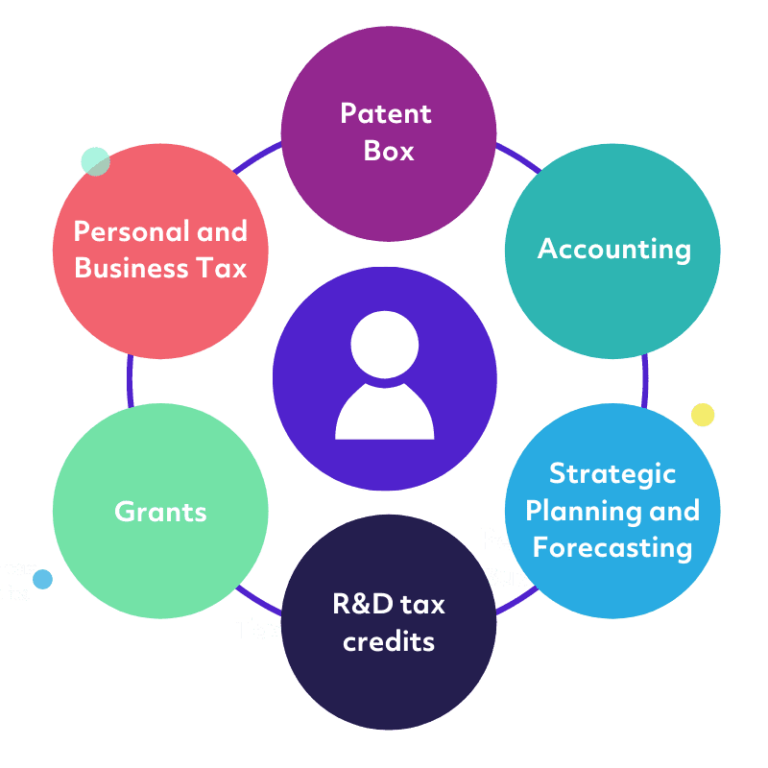Guides: How to grow, sell or stabilise your business
- Business Advice
- UK Business
- 10 Min Read
As we move into the second half of 2021 many SMEs will again be facing tough decisions.
Lockdown restrictions have been lifted, but access to staff and consumer confidence remains a challenge. The Coronavirus Job Retention Scheme (furlough) is due to end this September 2021, and those who applied for a Bounce Back Loan when the scheme first launched (May 2020) will now be starting to pay them back.
So when the marketplace and economy remain so uncertain, how do you keep your business and your focus on track and ready for the next challenge?
Take action
The biggest mistake that business owners make is to do nothing at all.
Particularly in sectors where trends and customer requirements are fast-paced, like IT, leaders need to be willing to disrupt themselves and to adapt quickly.
Your biggest competitors will be those who can anticipate what customers want next and who will take the risk to act on that knowledge.
It doesn’t have to be a huge change, but it is important to adapt, and to not get too hung up on the negatives if calculated risks don’t pay off exactly how you hoped.
Get the basics right
Whether you’re looking to grow, sell or stabilise your business, there are some fundamental things you need to do, know, and prepare for.
What you need to do to stabilise
- Revisit your plans
For many businesses lots of things have changed; customer needs and wants, policies due to Brexit or Budget announcements, markets and technology. If you haven’t revisited the plans you made at the start of the year or before, then do so now
- Pivot if you need to
If you need to make any fundamental changes to continue operating, whether it’s reducing or increasing staff, bringing in new technology, business models, products or pricing, do it as soon as you can to remove any doubt and build a good foundation
- Internal confidence
Your employees have also had a tough 18 months. Ensure they have the resources they need, create an open line of honest communication, and work on retaining your best people
- Put the right help in place
Put functional managers or partners in place who can take the strain of some of the day-to-day tasks you perform, especially if you’re looking to grow. For example, having someone else do the tax return, payroll admin or statutory accounts will help you maintain focus.
What you need to know before you grow
- How secure your main streams of revenue are
The pandemic has probably helped you identify the gaps in your repertoire, the weak links in your supply chains, and the risks to your revenue streams. But have you evaluated this fully, and have you considered this in conjunction with future trends?
For example, there’s a big issue right now in data ownership. Some business models rely on information sources that they don’t even own, while other businesses that could benefit from this same data can’t get access to it. Make sure you’re not in a similar position now, or at risk of being so in the future.
- What skills you need
The skills gaps in some sectors are set to widen even further as demand increase above the level that qualified candidates are entering the market. Do you know how you’re going to compete for talent, and can you upskill your existing people?
- Your financial position
Keep all your financial information up to date within use software that can give you quick access reporting. Cloud-based bookkeeping systems will allow you to set up dashboards on your phone that will keep you informed before you need to worry about a bank balance.
We work with Xero to provide this advanced level of financial insight to our clients.

- When to say no
For stability and sustainable growth it’s critical that you understand your limitations as well as your possibilities.
Landing a big contract may seem like a great opportunity, but if delivering that contract doesn’t give you the same profit margins as delivering ten smaller ones then how is it beneficial to you?
Is tying up all your resources with one client the way to go, or could you subcontract some of the tasks? And how would that affect your costs and your cash?
What you should prepare for when selling
There are several ways to exit a business dependent on financial position, company type, ownership structure and many other factors.
If selling your business is the ultimate goal or just the result of a need, here are some things buyers or investors will want to know.
- What you are really selling
You need to know where the value in your business really lies.
- Are you selling a great client list? If so, buyers will want to know how secure those clients are
- If you’re selling contracts or revenue streams and the opportunity for growth there is in increasing volume, where do you see that increased volume being achieved?
- If you’re selling resources – skills, staff numbers, property etc – then how secure are those things? What’s your staff turnover, are skills up to date
Define what’s good about your business and gather all the proof ready for interested parties to review.
- Three years of financials
Up-to-date financial data with history and forecasts will back up your valuation claims and put buyers at ease.
Three years of accounts that demonstrate your performance and back up the story you’re telling, plus growth projections with profit margin breakdowns, are a good place to start.
- Your investment in R&D
Particularly when it comes to businesses in fast-paced sectors, being able to show how innovation runs throughout the culture of your company is important. While mergers aren’t always on the cards with acquisition, very often buyers will be primarily interested in the people and processes that made it happen.
A business that has a high degree of research and development and continuous improvement means that it’s likely to be more future-proofed. It shows that there has been a focus on optimisation, reinvention and investment, and that the model is agile enough to seize opportunities and to stay relevant.
The help you need
If you’re looking to sell or grow your business it’s vital that you seek expert advice and support.
Our full range of professional services have been designed with innovative SME business owners in mind.
From tax and accounting help and advice to strategic planning, R&D funding and more, we’re here to make your goals a reality.
Get in touch today.

